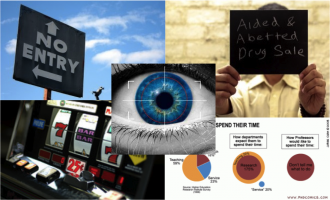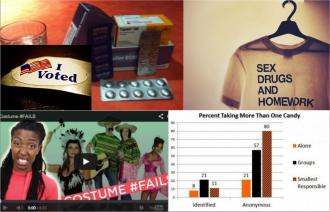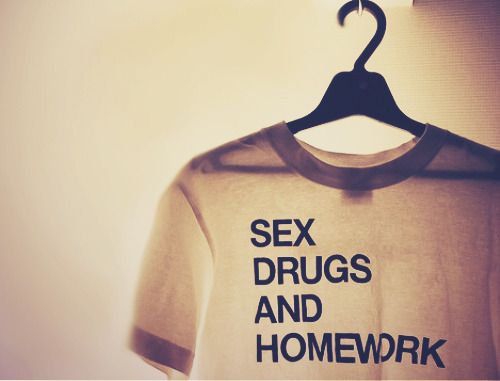Sign up for the new Friday Roundup Newsletter!
From Sport to Voting Rights
This week The Society Pages checked out gender stereotyping and toys, how we communicate our tone online (but really don’t want to talk on the phone), a whole collection of photoshop in the media, fatherhood and race, and we learned a thing or two from our Nordic friends. Enjoy! more...






